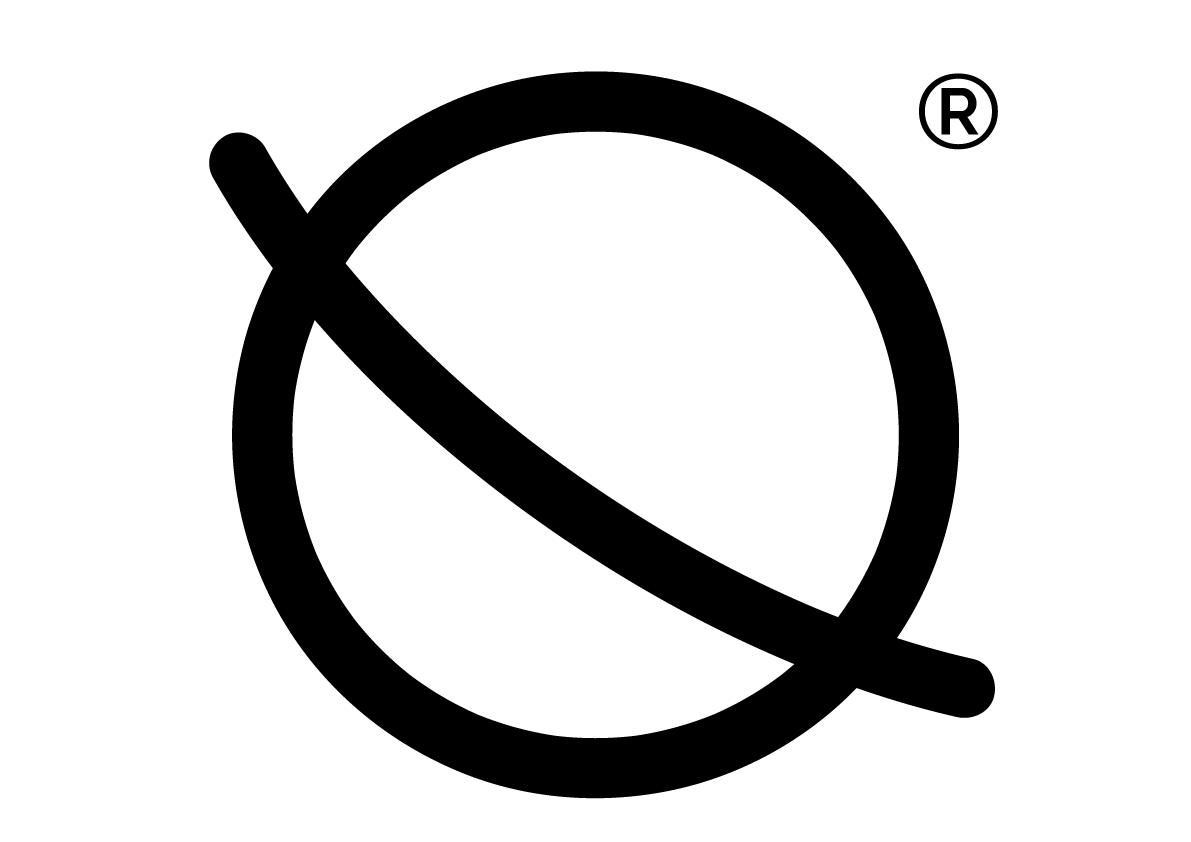Top tips to speed up your metabolism and burn more calories
A “fast” metabolism is associated with weight loss and a healthier body, meaning it often gets the blame for being ‘too slow’. We thought it was about time we really got to grips with what ‘metabolism’ actually means and look for proactive ways we can ensure it is running efficiently and effectively.
Metabolism is the chemical process in which our body converts food and drinks into energy. Even when resting, your body is still working and using energy to breathe, sustain blood flow, regulate hormones, digest food, etc. The minimum amount of energy (i.e. calories) your body requires to carry out these chemical processes is called the basal metabolic rate (BMR). This is something that everyone tends to want to be higher, as the higher the BMR, the more energy your body goes through to function. However it is also something that is very difficult to change.
The BMR is dictated by several factors, which include your body size, composition and genes; your sex and age. But the BMR isn't the only thing that dictates how many calories you burn each day, physical activity and food digestion are also part of the equation.
So how can you burn more calories and potentially maybe speed up your metabolism?
1. Increase your activity levels
Increasing your activity daily level is a great way to get started! In essence, just by moving more your body is in need of more energy to keep you going. So whether it is leaving the car and walking or cycling to the shops, setting yourself a step goal, or hitting the gym more frequently, just by increasing your average activity level, you can train your body to burn more calories.
Not only is it wonderful for your metabolic rate and weight loss (if this is what you're after!) but increasing your activity levels is also great for your cardiovascular health, and very very beneficial for your mental health!
Read our article about hitting your step goal to see how you can become more active without even leaving the house!
2. Cut your calories in a healthy manner (no crash diets!)
If it is weight loss you are after, reducing the amount of calories you consume in a day may be helpful. If your body has a baseline of calories it needs to function on a regular basis, anything above will be stored as fat to keep for a time when it needs the energy. Think of it as saving energy for a cold day/night/winter. By reducing the amount of calories you consume closer to the amount you need in a day you will be storing less calories as fat in your body.
A quick way to do this is by swapping items in your diet for healthier options, such as fizzy drinks for water, or cooking your own meals instead of getting ready-made ones. Not only do you eat in a more healthy way but you can also avoid preservatives and other add-ons that come with processed foods.
Why not try our favourite workout smoothie recipes? They are great for pre-post workouts and guaranteed to keep you full!
3. Introduce more strength training
Muscle cells require more energy than fat cells, so by increasing your muscle mass (and decreasing fat cells through the above points) you can help speed your metabolic rate.
One way to do this is through strength (or resistance) training, which involves exercising a specific muscle or muscle group against external resistance, they can be free-weights, weight machines, or your own bodyweight (as opposed to purely aerobic). The basic principle is to load and overload the muscle so it adapts and becomes stronger. By doing this, you gain more muscle cells as your muscle itself is growing and repairing from the exercise - leading to a higher base energy consumption.
Give our six exercises to strengthen your core a go!
4. Get a good night sleep
Lack of sleep has been tied to an increased risk of obesity, increased blood pressure and insulin resistance - and it is also increasingly understood to negatively affect your metabolism.
While it might or might not directly affect your metabolism, sleep deprivation has been shown to increase the hunger hormone (ghrelin) and reduce the fullness hormone (leptin), meaning that when we don't sleep well, we are more likely to both be more hungry and feel less full after our usual meals, leading us to potentially consume more calories.
When you feel tired you are also less likely to be active, which also affects the way your body burns calories, as your activity levels are lower. So make sure to get as many hours of sleep as possible so you are ready and refreshed for the day ahead!
Here is a way to fall asleep in under 2mins!
Read next >>>


